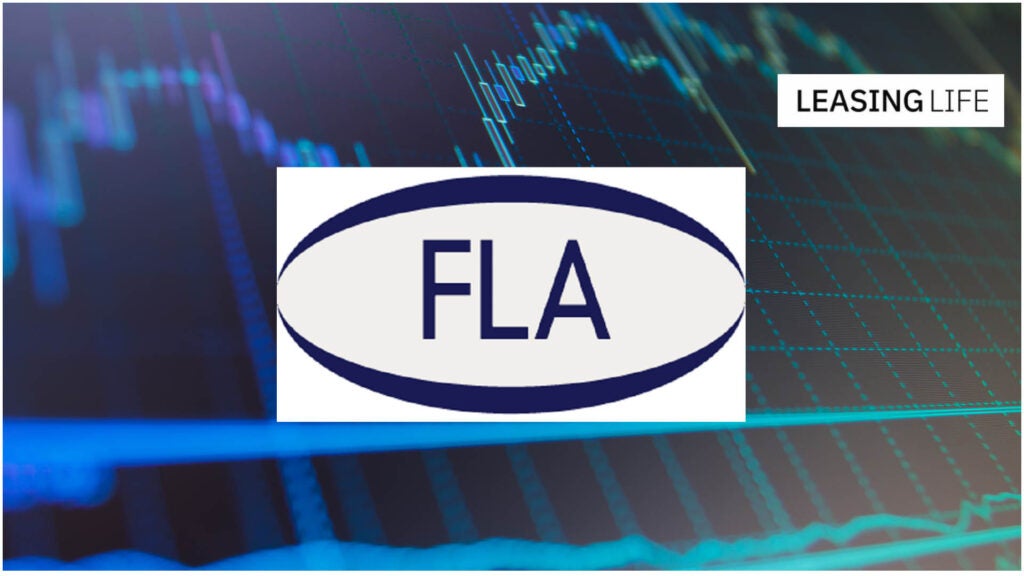Leasing leaders have voiced their concerns
that proposed new accounting rules are to go ahead despite evidence
that they will damage the industry.
Attempts to explain the changes by Barbara
Davidson, International Accounting Standards Board (IASB) technical
director, were met with scepticism at a meeting jointly hosted
by the FLA and the UK Accounting Standards Board (ASB) in London
last week.
George Lynn, FLA asset finance chairman, said:
“This gives us an opportunity to express our incredulity that the
standards the IASB have come up with are so complex. It’s not
merely a book-keeping exercise. The level of complexity in this
process will outweigh any benefits for users.”
The new rules mean that those preparing
accounts will have to follow about 75 steps in order to provide the
information required, many of which must be completed manually.
“We believe the work required will have a very
serious impact. This was a sad day for lessors – this is a
conference that shouldn’t have been needed. We’ve had a real lack
of consultation,” Lynn said.
Lessors are aghast that IASB appears likely to
plough ahead with its proposals, irrespective of objections that
the new rules will prove excessively costly, time-consuming and
onerous. Concerns were also raised that the timeframe in which the
IASB plans to complete its consultation is too short: it aims to
have the new regulations ready by June 2011.
How well do you really know your competitors?
Access the most comprehensive Company Profiles on the market, powered by GlobalData. Save hours of research. Gain competitive edge.

Thank you!
Your download email will arrive shortly
Not ready to buy yet? Download a free sample
We are confident about the unique quality of our Company Profiles. However, we want you to make the most beneficial decision for your business, so we offer a free sample that you can download by submitting the below form
By GlobalDataAnd speakers reiterated fears that the
intricacy of the new regulations would put people off using leasing
altogether.
Mark Venus, chairman of Leaseurope’s
accounting committee, said the IASB underestimated the value of
leasing and the potential damage to the industry the new accounting
standard could cause.
“The industry is writing an extremely large
number of small value equipment finance leases. The board must bear
this in mind. The leasing industry in Europe is funding about 20
percent of production equipment. It’s the largest single form of
financing reported by European SMEs. It’s key to SMEs and it’s key
to the European economy,” Venus said.
The exposure draft contained a number of
“fudges and approximations”, including a “superficial treatment” of
cost/benefit analysis, Venus said.
“Not enough corporates are yet sufficiently
aware of what they’re going to have to do. At Leaseurope, we think
the exposure draft as it stands is probably unworkable.”
The FLA earlier warned that UK listed
companies could see a sharp rise in the value of their assets and
liabilities if the new lease accounting rules are put in place,
rising on average by £463m (€533m).
This would mostly relate to property leases at
£445m, while non-property leases would stand at £18m.
The research, commissioned by the FLA and
carried out by the Winchester Business School, showed companies
including British Airways, BT, Cable & Wireless, Easy Jet and
Vodafone would be likely to see a rise of as much as £28bn.
The IASB has said the proposed changes to the
rules are aimed at improving accounting standards and making them
more rigorous.
The board claims they will mean only the most
relevant information is included in financial reports and that
lessees can no longer deliberately structure lease agreements to
keep them off their balance sheets.
Davidson also refuted claims that the board
would not listen to objections and comments, and said further
outreach events and round table sessions were planned for the
coming months.







